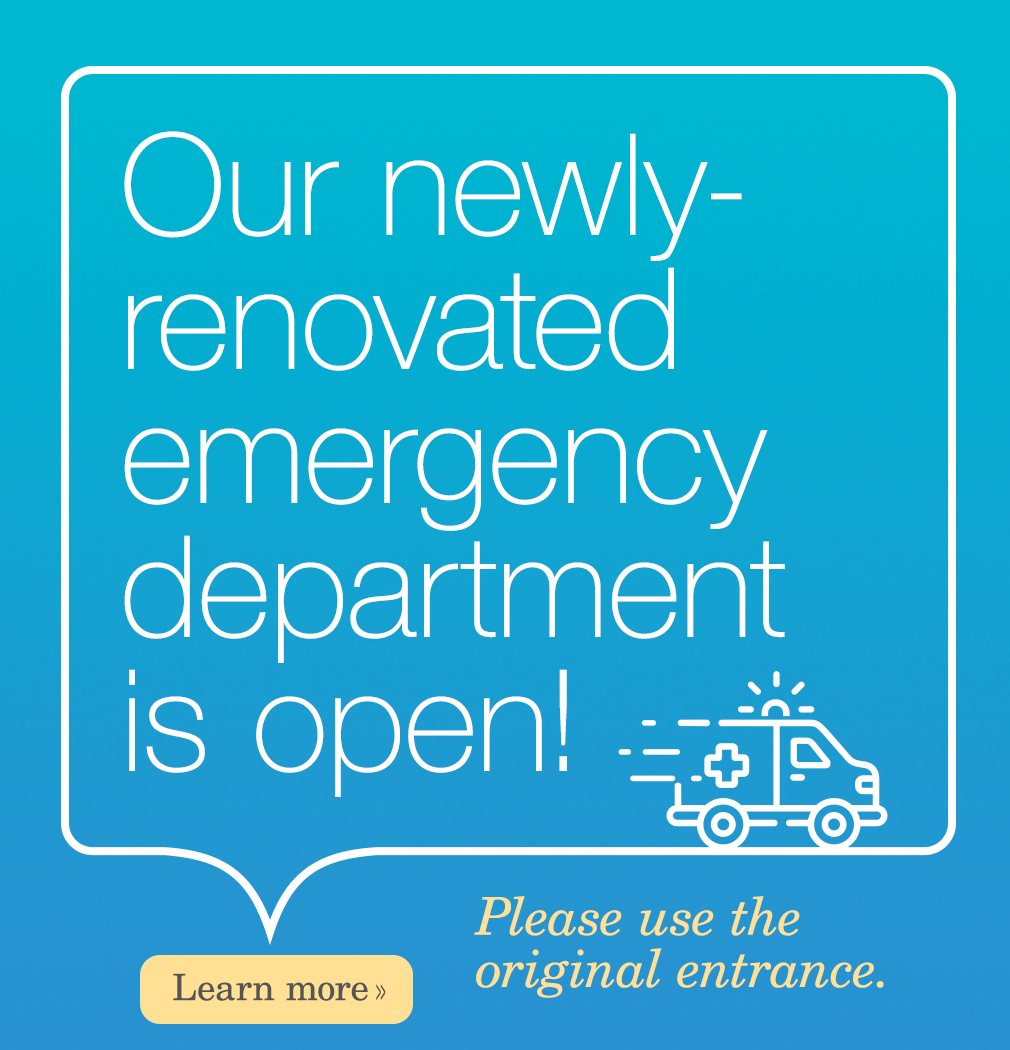Yes. Vermont’s healthcare reform efforts do not exist in a vacuum. At the Federal level, Congress continues to have a profound impact upon the sustainability and affordability of care in our community through the decisions they make that impact Medicare Funding. Currently, legislation is being discussed which addresses physician payments within Medicare and other aspects of Medicare reimbursement which impact hospitals. With an estimated 19% of Vermonters covered by Medicare (according to the Kaiser Foundation) and with the population segment of 60-79 year olds being the fastest growing component of our local community, changes in Medicare are particularly impactful here in northwestern Vermont.
Federal Medicare legislation is a very complex process. The Vermont Association for Hospitals and Health Systems summarized the latest actions, saying: “The U.S. House of Representatives passed H.R.2, legislation to permanently repeal the flawed Medicare physician sustainable growth rate formula (SGR), by a wide margin on Thursday … Senate Majority Leader Mitch McConnell said that they would take it up on April 13 and that he expects it to pass. If the Senate takes immediate action to pass the permanent fix, the Centers for Medicare & Medicaid Services (CMS) does not expect the delay to impact current physician payments.”
The American Hospital Association supports the passage of H.R.2, saying: “While we are disappointed that hospitals would be looked to as an offset given that Medicare already pays less than the cost of delivering services to beneficiaries, the package strikes a careful balance in the way it funds the SGR repeal and embraces a number of structural reforms to the Medicare program. Equally important, the legislation rejects a number of flawed policy options, including reductions to outpatient hospital services (so-called “site-neutral” cuts), Medicare bad debt payments, graduate medical education, critical access hospitals and certain services provided in rehabilitative hospitals. Moreover, the bill rejects a further delay in the ICD-10 program, and prevents a potential 0.55 percent coding offset previously proposed by the Centers for Medicare & Medicaid Services. The legislation also eliminates cuts to the Medicaid Disproportionate Share Hospital program in fiscal year 2017. Finally, the bill includes a needed extension of a number of expiring provision (so-called extenders), including the Medicare Dependent Hospital program, the rural low-volume adjustment, the rural ambulance add-on, the partial enforcement delay on Medicare’s “two-midnight” policy, and the Children’s Health Insurance Program.”
Here at the local level, any progress within Medicare that helps our local physicians and advanced practice providers be more sustainable as they care for our community is an important step forward. For NMC, the work to sustain the rural low-volume adjustment is key. As this legislation has moved forward, I have been in contact with Congressman Peter Welch who was a strong supporter of the legislation. I appreciate the efforts he and his staff have made to listen to our perspective and keep me informed of progress. I am also reaching out to Senator Sanders and Senator Leahy to urge them to support these efforts to help make care more sustainable in our community while we continue to work on overall healthcare system reform.
Funding that sustains the care provided by physicians, advanced practice providers and hospitals is one component of a reformed healthcare system. To achieve value, we must ensure that such funding is associated with high quality care delivered at the lowest reasonable cost. NMC and Vermont’s other not-for-profit hospitals are committed to improving quality and reducing costs as we work with regulators to create the system of the future. Further, we must all pursue prevention as a key national, state, local, and personal healthcare reform strategy. By embracing healthier lifestyles, we reduce the need for costly medical interventions and improve our overall quality of life. If you would like to learn more about living a healthy lifestyle, visit RiseVT.org and sign up for the exciting initiative that launches in June! Please join me on that path to a healthier future for all of us.
— Jill Berry Bowen, NMC’s Chief Executive Officer

